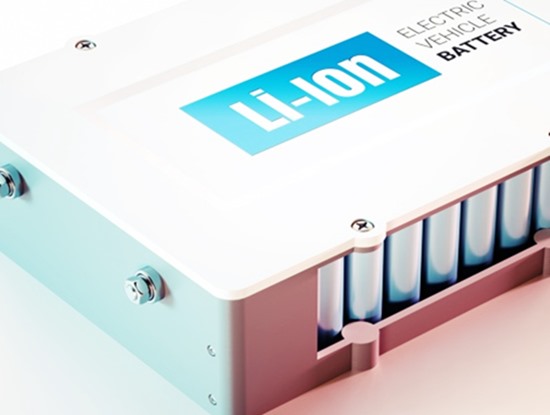"New EU Regulation Mandates Recyclability of Batteries, Including Mobile Phones and Cars, by 2027"
In a groundbreaking move, the European Union is ushering in a new era of sustainability by requiring the recyclability of batteries from various sources, such as mobile phones, laptops, and automobiles, within the next four years. Teresa Ribera, Spain's Minister for Ecological Transition, sheds light on the significance of reusing battery materials, particularly lithium, as it will enable Spain and the entire EU to cultivate new batteries domestically.
Teresa Ribera emphasizes, "Batteries contain many valuable resources at the end of their useful life, and we should be able to use these critical primary materials again instead of depending upon third countries to supply them."
This imperative regulation, endorsed by the Council of Europe under Spain's current presidency, will be implemented across all EU member states by 2027. "These new rules will help make European industry more competitive, and will guarantee that new batteries are sustainable and contribute towards the 'green' transition," adds Teresa Ribera.
The ambit of this regulation encompasses all types of batteries, including those within machinery of varying sizes – from industrial equipment to small electronic devices. This even extends to batteries available in supermarkets for everyday items like clocks and torches, as well as those employed in vehicles.
The reach of this mandate spans from conventional-fuel cars, where batteries facilitate ignition, to electric vehicles that rely solely on battery power.
Comprehensive guidelines and requisites for the collection, disassembly, and repurposing of used batteries are presently in the works. These measures will exert greater responsibility on producers of diverse industrial and consumer goods. Their role will be to collect and reuse material from 63% of battery waste by 2027, with a target of at least 73% by 2033.
By the close of 2027, a minimum of 50% of lithium derived from discarded batteries must be repurposed, a goal set to escalate to at least 80% by 2031. These targets will evolve in accordance with market dynamics, technological advancements, and material availability, according to Teresa Ribera.
The inception of the regulation in 2027 will usher in a transformative change – batteries will no longer be permanent fixtures within products or machinery. Manufacturers must ensure that batteries are removable by the end user or consumer, or by professional mechanics in the case of vehicles, giving manufacturers ample time to adapt their product designs over the next three and a half years.
Moreover, starting from 2026, devices will be required to carry labels detailing their components and the proportion that has been recycled. By 2027, this information must be accessible by scanning a QR code, enhancing transparency and accountability.
This far-reaching regulation signals a pivotal shift toward sustainable practices, paving the way for a greener future across the European Union and beyond.









0 Comments